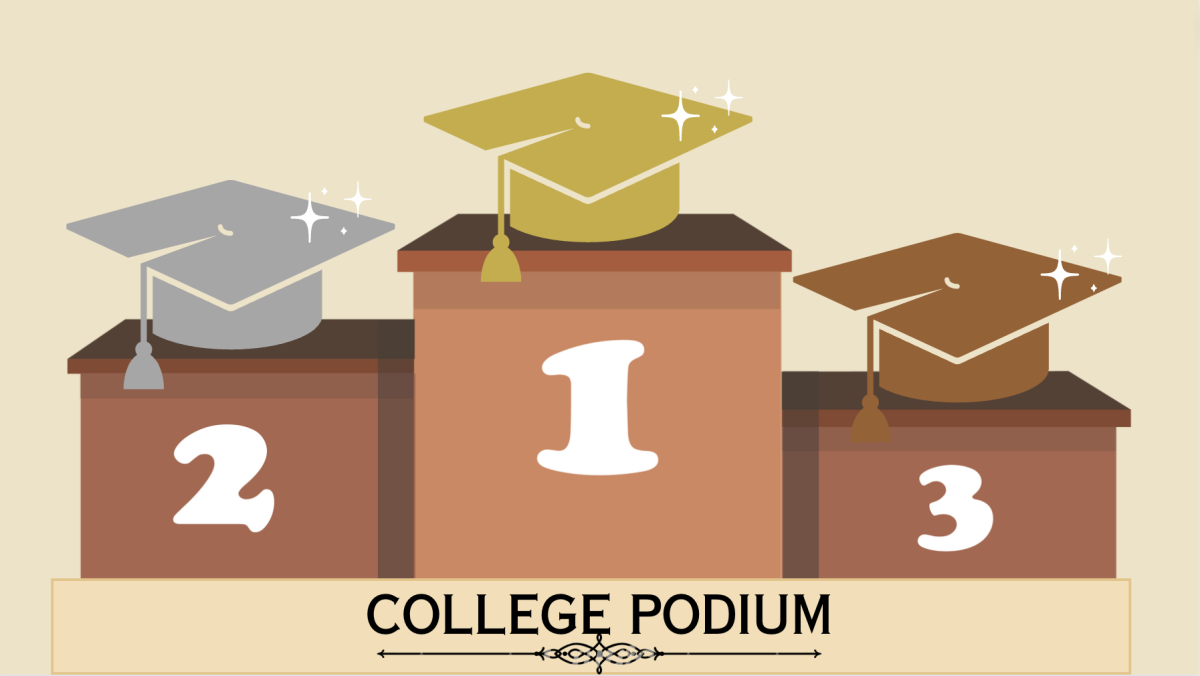It’s college application season, and what better way to look at your options domestically and internationally than to look at a ranking? While several rankings are out there, very few rank universities internationally. QS World University Rankings is considered one of the most reliable sources. The QS World University Rankings is a comparative university ranking compiled by Quacquarelli Symonds (QS), a global higher education analyst. The rankings were first published in 2004 in partnership with the Times Higher Education magazine as the Times Higher Education QS World University Rankings to provide an independent source of comparative data about university performance. Over the last 20 years, the ranking has expanded to cover universities by subject, regional rankings tables, MBA rankings, and the QS Best Student Cities rankings.
The critical methodology criteria used by the QS World University Rankings are academic reputation, employer reputation, research impact, and internationalization. One thousand five hundred institutions and 104 locations are included in the twentieth edition of the QS World University Rankings. This year, they have implemented their largest-ever methodological enhancement, introducing three new metrics: sustainability, employment outcomes, and international research network.
The results draw on analyzing more than fifteen million academic papers and the expert opinions of over 240,000 faculty and employers. It’s twelve straight years at the top for the Massachusetts Institute of Technology, with the University of Cambridge retaining second place. The University of Oxford ranks third to round out the top three. Even though the QS rankings are one of the most read university rankings in the world, they have been criticized for overreliance on subjective indicators and reputation surveys. Concerns also exist regarding the global consistency and integrity of the data used to generate the rankings. Check out the World Map in our EHS World Language wing to learn more about these rankings.
Nationally, WSJ/College Pulse rankings recently released their most extensive student outcomes-focused ranking. Princeton University is ranked at the top, followed by MIT, Stanford, Harvard, and Yale rounding out the top five. The University of Florida and New Jersey Institute of Technology were the highest-ranking public schools per this survey, coming in at fifteenth and nineteenth. The Journal put students’ experiences at the heart of the 2024 college rankings, with one of the most extensive surveys of U.S. students per the ranking editor Harry Carr.
Are you pondering the rankings of our local New Jersey colleges? Princeton holds its first-place ranking for the thirteenth straight year, while Rutgers University-New Brunswick was second place in the state and 55th place nationally. Many other universities within the state cracked the Top 200 nationally. As seniors apply to college these rankings allow applicants to gauge top colleges and potential locations in about a year’s time.


















































































